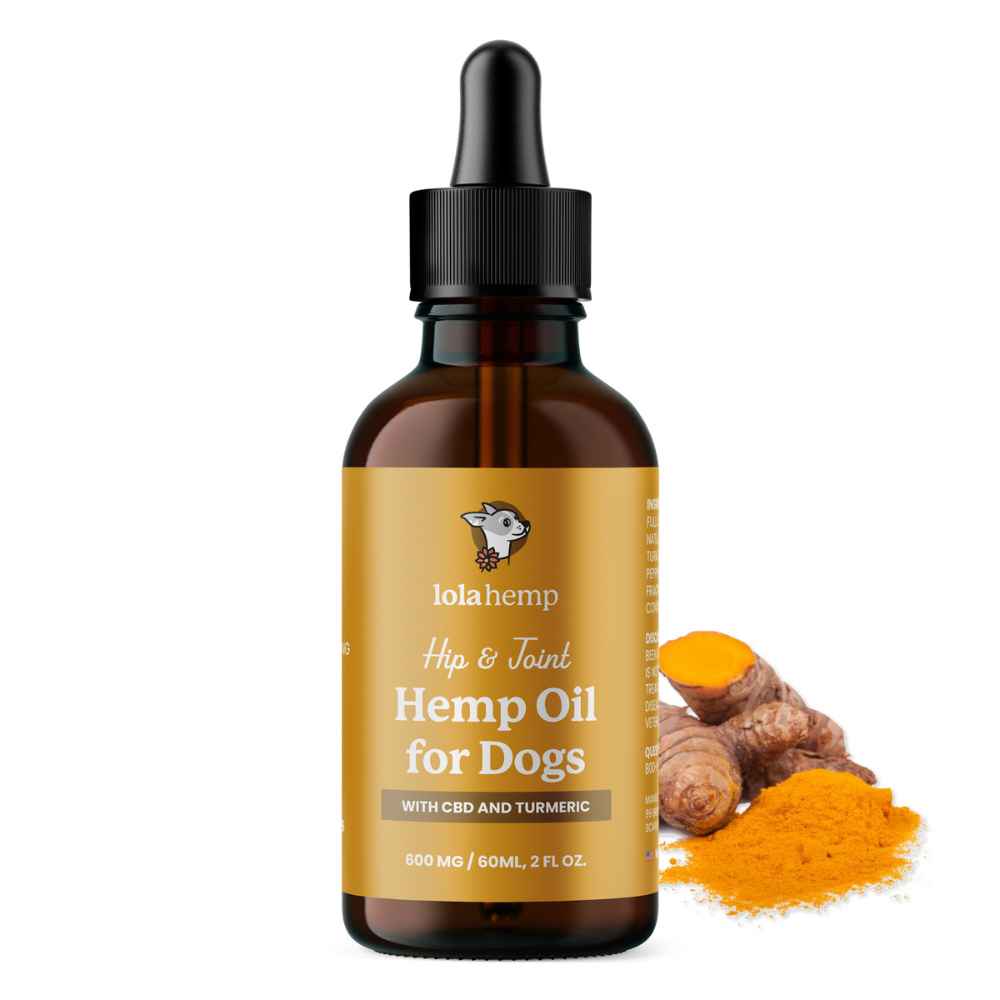It’s heartbreaking to see a beloved dog struggle with a joint injury. Dogs rely on their mobility for nearly everything they love—playing, exploring, and being by your side. When joint injuries happen, they can significantly impact your dog's quality of life, sometimes making even the simplest movements painful.
Whether your dog's injury was caused by a sudden accident or an underlying issue, An understanding of joint injuries can help you make the best decisions for your pet's recovery and long-term health.
Importantly, neglecting your dog's joint injury can actually lead to inflammation and chronic arthritis later in life. Let's take a deeper look.
Common Causes of Joint Injuries in Dogs
Understanding common canine joint injury causes can help you take steps to minimize risks.
One of the most common culprits is trauma, such as an accidental fall, slipping on a slick surface, or even rough play. These incidents can cause damage to ligaments, tendons, or the joint itself.
- Keep your dog at a healthy weight to reduce the risk of injury
- Use non-slip surfaces wherever possible in your home
- Keep your dog active later in life to maintain strength and resilience in their joints.
Overexertion is another frequent cause, particularly in high-energy breeds. If your dog loves intense activities like jumping, running, or chasing balls, they might inadvertently strain their joints. This is especially true for younger dogs who may push themselves too hard without realizing their limits.
- Control your dog's exercise sessions and keep them regular rather than having sporadic sessions. This can keep the energy your dog lets out moderate, rather than exploding with energy whenever they get the chance.
- Play with your dog using a harness rather than a collar to keep the weight distribution in their body even as they play.
- Make sure your dog rests between play sessions, even if they don't want to!
Pre-existing conditions such as arthritis or hip dysplasia can also make joints more vulnerable to injury. These degenerative conditions weaken the joint structure over time, leaving dogs more susceptible to damage even during normal activities. For dogs carrying extra weight, obesity becomes a double-edged sword—both increasing the stress on joints and potentially slowing the healing process after an injury.
Lastly, genetics play a significant role. Certain breeds, including Golden Retrievers, German Shepherds, and Labradors, are genetically predisposed to joint problems, which may appear earlier or more frequently in their lives compared to other breeds.
Possible Treatment Options for Joint Injuries
If your dog suffers a joint injury, the treatment plan will depend on the severity of the condition. For mild injuries, rest is often the best medicine. Restricting your dog’s movement gives the joint a chance to heal without additional strain. This might mean keeping them in a crate for short periods or limiting playtime, even if they seem eager to get back to their routine.
In more serious cases, physical therapy can be a game-changer. Guided exercises from a veterinarian or certified animal physiotherapist can help your dog regain strength and flexibility, while also preventing muscle atrophy around the injured joint. For added comfort, many dogs benefit from warm compresses or hydrotherapy sessions.
Pain management is another critical part of recovery, and its key to understand the signs that your dog is in pain. Your veterinarian may prescribe medications to help alleviate discomfort while the joint heals. For long-term support, joint supplements containing ingredients like glucosamine and chondroitin may help maintain joint health. These are particularly beneficial for dogs prone to arthritis or who have had recurring joint issues.
When an injury is severe, such as a torn ligament or dislocated joint, surgery may be required. While the idea of surgery can feel overwhelming, it’s often the most effective way to restore your dog’s mobility and quality of life. After surgery, a combination of rest, rehabilitation, and a balanced diet can speed up recovery.
Risks of Long-Term Inflammation in Unhealed Injuries
One of the biggest challenges with joint injuries is the risk of long-term inflammation, especially if the injury doesn’t heal properly. Chronic inflammation in the joint can lead to ongoing pain and stiffness, making it difficult for your dog to enjoy their usual activities. Over time, this inflammation can trigger a cycle of joint degeneration, eventually leading to arthritis.
The frustrating part is that the effects of an improperly healed joint injury might not show up immediately. Your dog may seem fine after the initial injury, only for symptoms like limping or stiffness to appear months—or even years—later. This is why it’s so important to follow through with the full recovery plan, even if your dog seems eager to get back to normal life.
Conclusion
As a pet owner, the best thing you can do is work closely with your veterinarian to create a comprehensive treatment plan. By addressing injuries early and taking proactive steps to support your dog’s joint health, you can help them avoid long-term complications and get back to the happy, active life they deserve.
Joint injuries are never easy to watch, but with the right care and a bit of patience, most dogs can recover and enjoy their golden years pain-free. Always consult with your veterinarian for tailored advice and treatment options to ensure your pup gets the best possible care.
Learn more about CBD oil for dogs with joint issues and discuss it with your veterinarian.
Frequently Asked Questions about Dog Joint Injuries
What are the most common joint injuries in dogs?
Common joint injuries include ligament tears such as ACL injuries, dislocations, sprains, and strains. Older dogs and active breeds are more susceptible to these conditions.
How can I tell if my dog has a joint injury?
Signs include limping, stiffness, reluctance to move, swelling around joints, or yelping when touched. If any of these symptoms persist, consult your veterinarian promptly.
Can joint injuries heal on their own?
Mild joint strains may improve with rest, but most joint injuries require veterinary evaluation and care to ensure proper healing and to prevent chronic inflammation or arthritis.
Is surgery always required for a dog’s joint injury?
No, surgery is only needed for severe cases such as ligament ruptures or dislocations. Many joint injuries can be managed through rest, therapy, and supportive care.
How can I prevent joint injuries in my dog?
Maintain a healthy weight, provide regular low-impact exercise, use non-slip flooring, and avoid overexertion. Regular vet checkups can also help catch issues early.









